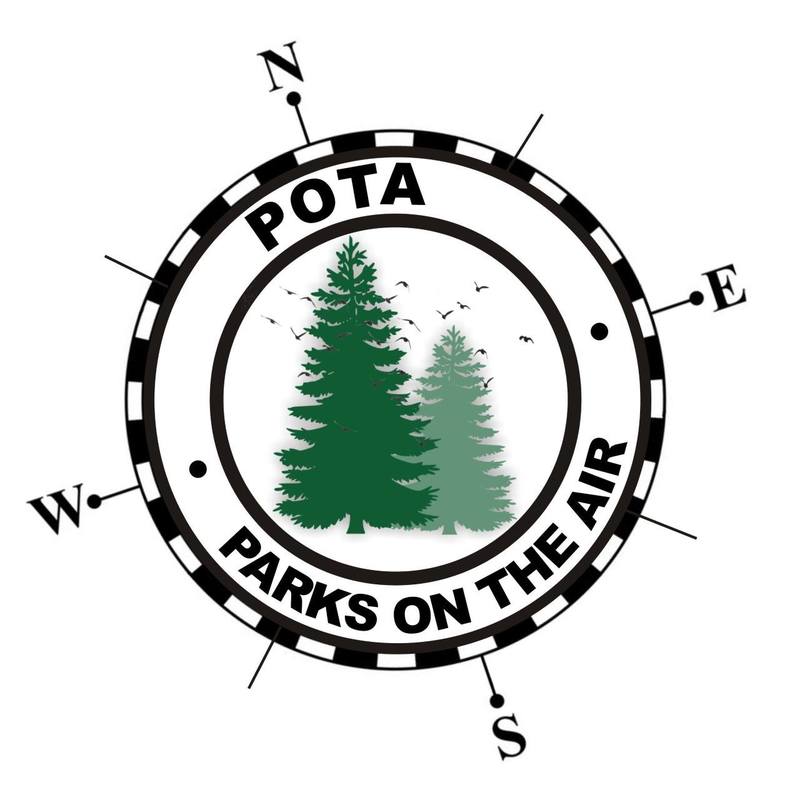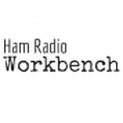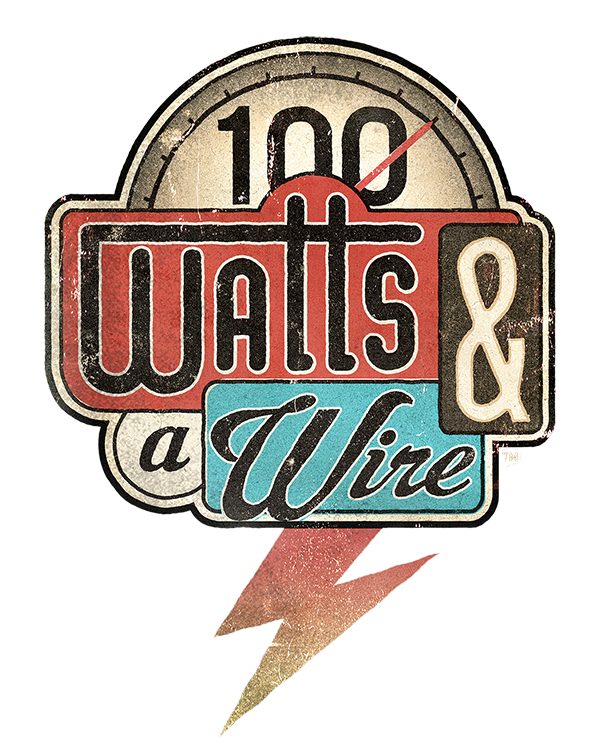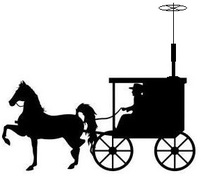I got into ham radio mainly because I am interested in technology, and I love to talk to other people - I'm one of those people that is quick to strike up a conversation when a group of strangers is gathered in one place. I knew about ham radio from my father talking about it - he wasn't active when I was a child, but at one point he had a license. From time to time he would mention it, and that was enough to intrigue me. As a kid I also built several different radio kits, so I heard some of the hams chatting when tuning around with my little shortwave receiver.
When I decided to have a go at getting licensed, I studied using the ARRL manuals, mainly because at first glance they really talked about the "stuff" instead of just drilling through questions and answers. I've never been good at just memorizing facts - I'm just wired in a way that it is easier to learn a theory, methods, etc. and then apply them. The ARRL manuals were great for this because I was able to read about the theory behind each question, which really helped make the concepts stick. This made testing much easier for me than memorizing answers.
I am aware that with an open question pool, just memorizing questions is very doable, but even in that case - so what! I am of the opinion that if someone takes the time to memorize hundreds of questions, they really want to be in ham radio, and will learn more of the "stuff" as they go, which is what it is all about - the "experienced" folk didn't know it all when they started either!
This is an interesting case study in human behavior though - even outside ham radio, it seems like there is a certain personality type that, once it learns something, instantly thinks everyone who doesn't know that same thing is of lesser quality or intellect. I'm sure you've come across this personality in school, work, social groups, etc. I am assuming that when people with this personality type get into ham radio, they become the "new ham bashers."
Anyway, since I am pretty new to the airwaves, I have to assume that everyone is more experienced than me, so when I hear bad behavior - like the gentlemen (I use the term loosely) in my pile up during NPOTA that kept shouting "He's coming back to you!" at a weak station that I was trying to work, my tendency isn't to instantly assume it's a new ham. I'm thinking it's more likely that it is one of those personality types that is impatient, overly proud, and self absorbed. You don't have to be new, young, or inexperienced to have the personality of an angry badger.
Another case in point - when I see the FCC actually taking action on mis-behaving ham's (like those that hang around certain frequencies), it seems to me like many of these individuals are folks who have had licenses for numerous years - so why are the new hams getting bashed?
Now that I'm done ranting, I simply ask this - let's all play nicely together, and add these edicts to our operating practices, so that we can keep our hobby and service alive:
- I will eliminate the phrase "no-code ham" from my vocabulary. Putting qualifiers in front of any group of people is a form of bigotry, period.
- I will patiently answer questions, even if they seem simple to me - before I knew the answer, I had to find out the same thing!
- I will not assume that new operators remember everything that was on the test - you don't have to get a 100% to pass, so having passed the test doesn't mean the operator should know everything.
- By the same token, I won't assume new operators know nothing - many of those coming to the hobby are engineers, software designers, electricians, mechanics, or people in other skilled professions. Some of the "new" hams might know more than I do about aspects of the Amateur Radio Service.
- If I have opinions of new hams or how they got licensed, I will add them to the list of things that ladies and gentlemen don't discuss on the air - right next to Politics and Religion. (As a side note, James Madison, who did the most in this country for religious freedom, never publicly, or even in personal letters, discussed his own religion or religious beliefs - chew on that.)
- I will treat new operators like my children or grandchildren. I won't be the person in the neighborhood shouting "get off my lawn" and waving my rake in the air.
- If I hear something incorrect or improper on the air, I will first assume it was an honest mistake, and will not assume it was deliberate. If I hear the same thing repeatedly from the same individual, I will file a complaint with the FCC. I will do nothing more than that.
- I will try to learn something about the new "stuff" every year. If everyone thought the "old way" was better, we would still be doing laundry by hand, driving horse carts instead of cars, and using spark gap transmitters.
- I will always remain open minded - everyone gets involved with ham radio for a different reason. New operators are not lesser individuals if their interest in ham radio comes from a different place than my own.
- If I find myself not operating by these principals, I will make proper and firm use of the Wouff Hong on myself, as a way to pay penance for my own bad behavior. (If you're not sure what the Wouff Hong is, scroll down to the "Historical Terms" section at this page: http://www.arrl.org/ham-radio-history)

 RSS Feed
RSS Feed



